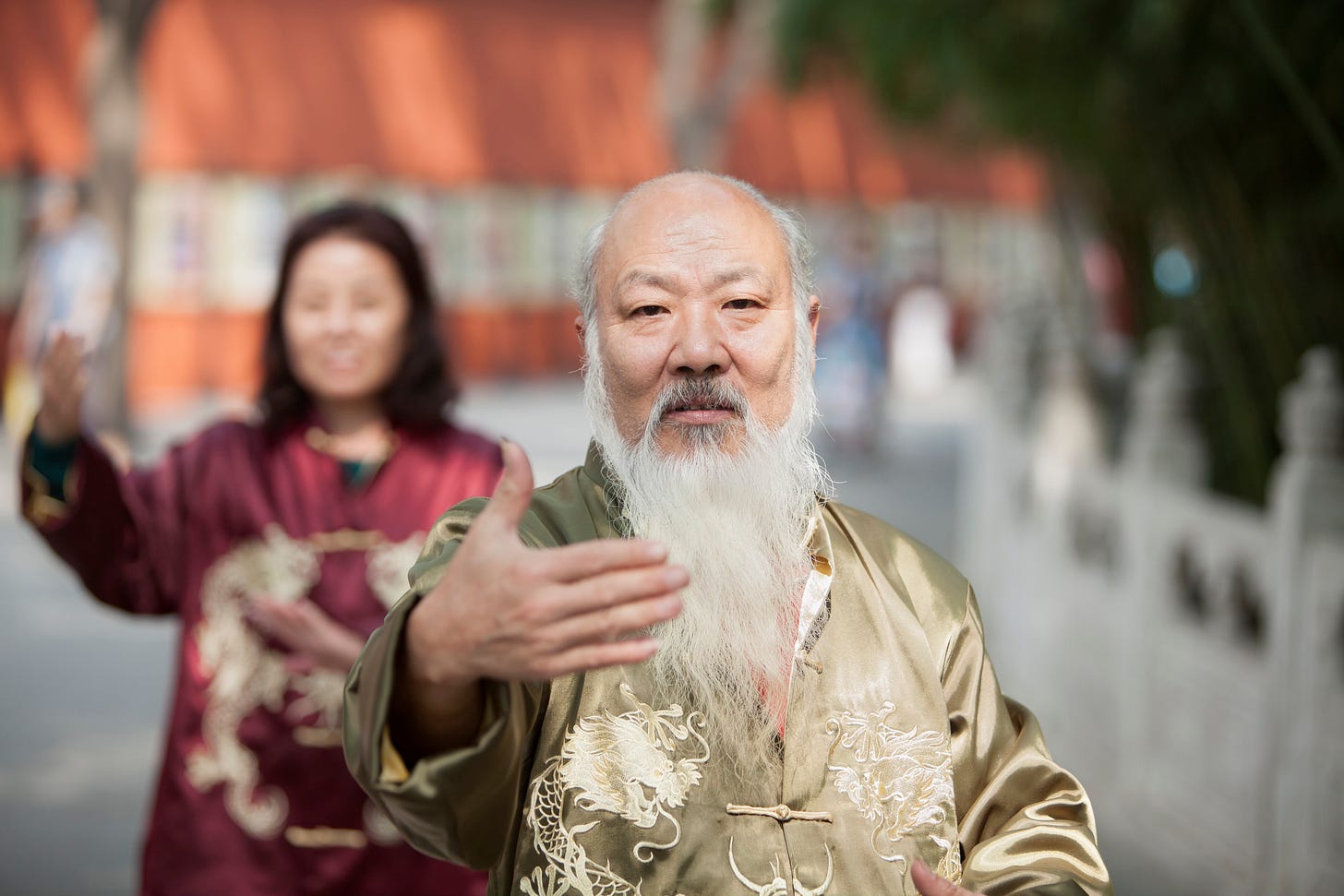Peer-Reviewed Research: Four kinds of traditional Chinese exercise therapy in the treatment of type 2 diabetes: a systematic review and network meta-analysis
The study by Jia et al. (2023) presents a systematic review and network meta-analysis to evaluate the clinical efficacy of four traditional Chinese exercise therapies—Taijiquan, Baduanjin, Yijinjing, and Wuqinxi—in managing type 2 diabetes mellitus (T2DM). T2DM, characterized by chronic hyperglycemia, is a global health challenge with significant compli…



